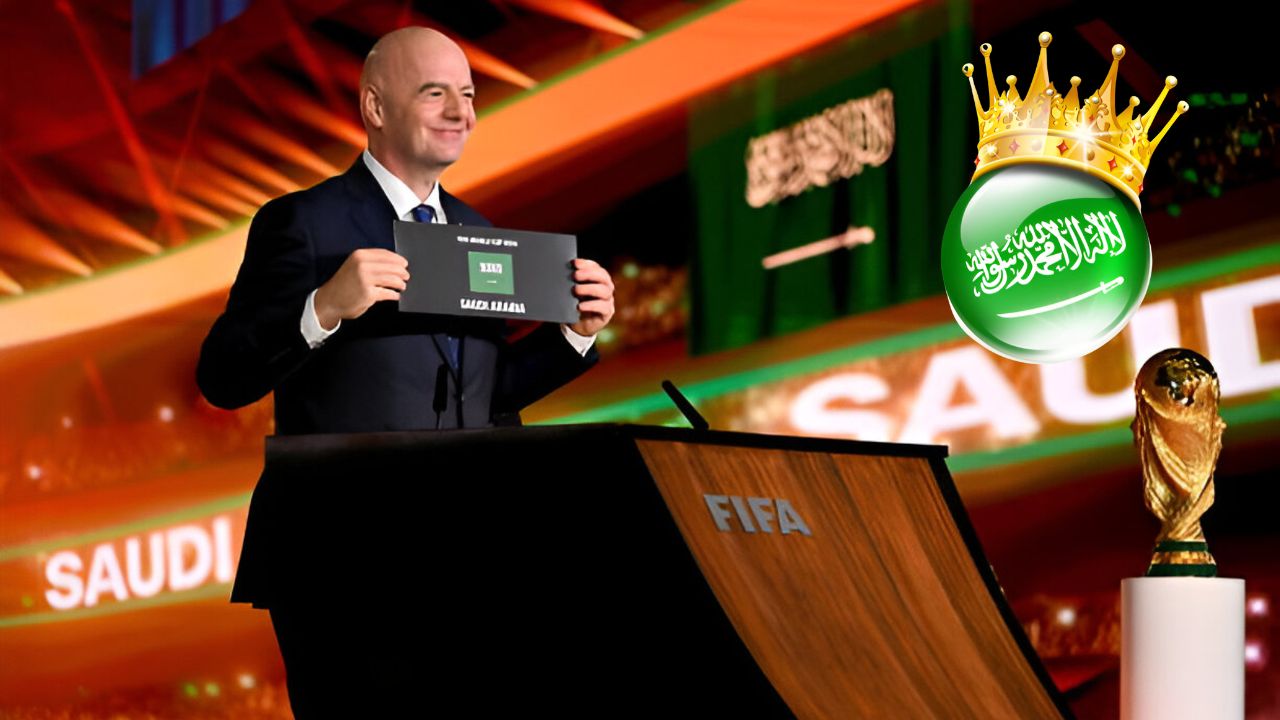Explores the Kingdom’s bold pursuit of hosting major international sporting events, particularly the FIFA World Cup. This initiative reflects Saudi Arabia’s desire to enhance its global image and diversify its economy beyond oil dependency. However, this ambition is not without controversy, as it raises questions about human rights, social reforms, and the implications of sportswashing. The interplay between aspiration and criticism makes Saudi Arabia’s hosting dreams a complex and multifaceted topic.
Economic Aspirations
The bid process for hosting FIFA events is not merely about sports; it represents a strategic economic shift. Saudi Arabia seeks to seize the opportunity the global appeal of sports to enhance its international image and attract investments. The potential losses and profits associated with hosting these events are significant. While the achievements of FIFA can increase the nation’s status in the global market, the financial burden of hosting can be unbearable. This effort depends much on the internal politics of the country. Critics argue that the focus on high-profile sports events may overshadow pressing issues such as the status of women and broader human rights concerns. The international community often scrutinizes these aspects, leading to claims of international propaganda aimed at improving Saudi Arabia’s global image.
Political Dynamics
The political landscape surrounding Saudi Arabia’s FIFA hosting bid is complex. It is viewed through the lens of world politics, particularly its relations with other Muslim nations and its rivalry with Qatar. The Palestinian issue, especially the involvement of groups like Hamas, complicates the narrative further. Saudi Arabia’s positioning as a leader among Muslim nations is often challenged, and its relationships with countries like America are under constant evaluation, especially in light of ongoing geopolitical tensions.
🚀 "The Double-Edged Sword 2034: Saudi Arabia’s Ambitious FIFA Hosting Dream" ⚽🌍 explores the nation’s bold vision, potential economic boom, & global influence. #SaudiArabia #FIFAWorldCup2034 #Vision2030 #GlobalSportshttps://t.co/bjk9wIAiLH pic.twitter.com/fZp58QyzHq
— Action Games Now (AGN) (@ActionGameNow) January 6, 2025
Read More: Human Rights Watch – Report on Saudi Arabia’s World Cup Bid 2034.
Cultural Considerations
Culturally, the hosting of FIFA events presents both opportunities and challenges. While it promotes a more open image of Saudi Arabia, it also raises questions about how the nation reconciles its traditional values with the global expectations that come with international sporting events. The status of women in Saudi society, for instance, is under the spotlight as the nation strives to present a more progressive front to the world.
Scholarly Perspectives
Muslim scholars and world scholars alike have weighed in on this topic, examining the implications of Saudi Arabia’s aspirations. They analyze the potential benefits of increased tourism and global visibility against the backdrop of internal and external criticisms. The debate continues on whether the nation can effectively balance its cultural identity with the demands of becoming a global sports hub.
Impact on International Football
The involvement of international footballers, such as Cristiano Ronaldo, in Saudi leagues has already begun to shift perceptions about the country. Their presence can attract attention and investment, but it also raises questions about the motivations behind such signings. Is it purely for sporting excellence, or is it part of a broader strategy to enhance Saudi Arabia’s international standing?
Conclusion
Saudi Arabia’s ambitious dream to host FIFA events encapsulates the complexities of a nation striving for economic, political, and cultural transformation. As it navigates the double-edged sword of global expectations and internal realities, the outcome of this endeavor will significantly shape its future on the world stage. The ongoing dialogue about the intersections of sports, politics, and culture will continue to be pivotal as the world watches closely.









Comments are closed.